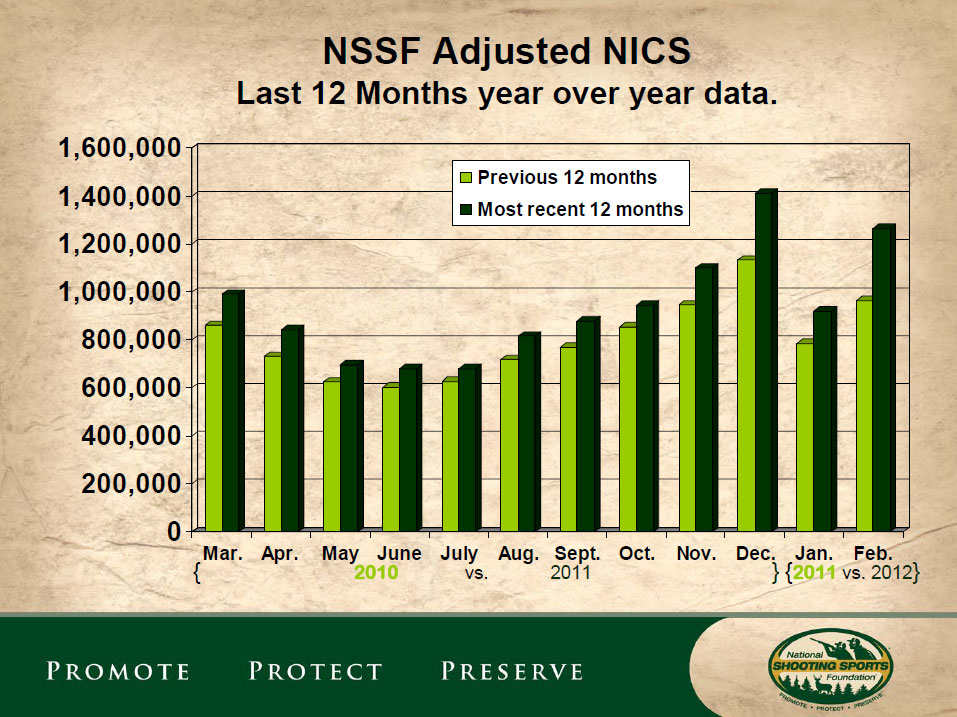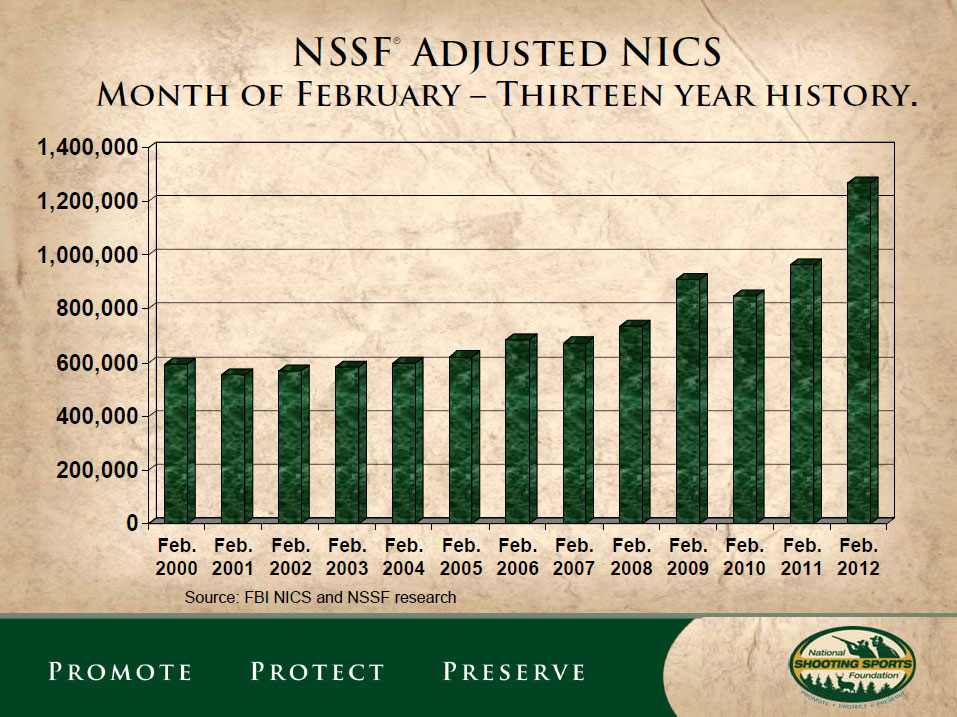U.S. District Court Judge Benson Everett Legg’s Memorandum of Opinion in the Maryland carry case – Woollard et al v. Sheridan – is not everything we could have wanted but it is good enough.
After the reviewing the facts of the case which were not disputed by either side, Judge Legg says this case presents two questions. First, do the Second Amendment’s protections apply outside the home? And second, if these rights do exist beyond the home, does “Maryland‘s requirement that a permit applicant demonstrate ‘good and substantial reason’ to wear or carry a handgun” pass constitutional muster? He then notes that the 4th Circuit Court of Appeals’ decision in United States v. Masciandaro will guide him in answering these questions.
Judge Legg says the court in the Masciandaro case applied intermediate scrutiny because the Second Amendment right claimed in that case was outside the home. As such, the 4th Circuit concluded “a lesser showing is necessary” and intermediate scrutiny was appropriate. Likewise in Woollard, he notes:
Woollard‘s asserted right falls within this same category of non-core Second Amendment protection. He already enjoys an unchallenged right to possess a handgun in his home; but, like Masciandaro, he also seeks to carry one into the wider world for general self-defense. The statute he challenges, therefore, is properly viewed through the lens of intermediate scrutiny, which places the burden on the Government to demonstrate a reasonable fit between the statute and a substantial governmental interest.
In his opinion, Judge Legg found that by necessity he had to go beyond that of the 4th Circuit in examining the scope of the Second Amendment right claimed by Raymond Woollard. Here he looks to Masciandaro again as well as to Heller. He notes the reasoning of Judge Niemeyer in Masciandaro that the right to bear arms does apply in some form where the need is not “most acute” such as hunting or militia service which both occur outside the home. He then looks to Heller where its use of “bear arms” indicates the Second Amendment protections, while they can be limited, do not stop at one’s front door. Moreover, the Supreme Court’s discussion of “presumptively lawful” restrictions points to a greater level of scrutiny than rational basis which “all laws are presumed to satisfy.” He then concludes:
For all of these reasons, the Court finds that the right to bear arms is not limited to the home. The signposts left by recent Supreme Court and Fourth Circuit case law all point to the conclusion that Woollard‘s “claim to self-defense—asserted by him as a law-abiding citizen . . . -does implicate the Second Amendment, albeit subject to lawful limitations.”
The Court then looks at the “good and substantial reason” requirement of Maryland for the issuance of a carry permit and examines the three major arguments put forth by Alan Gura. The first was that the Maryland law amounted to prior restraint on the exercise of Mr. Woollard’s Second Amendment rights because it gives unlimited discretion to the licensing officials. Judge Legg rejected this argument saying that “while the applicant bears the burden of demonstrating a “good and substantial reason,” licensing officials are not simply left to their own views of what such a good reason might be.
The second argument put forth by Gura was that while the state has an interest in public safety, the current “law was not sufficiently tailored to that interest to withstand intermediate scrutiny.” Here Judge Legg agrees and notes that the Maryland is just too broad.
The Maryland statute‘s failure lies in the overly broad means by which it seeks to advance this undoubtedly legitimate end. The requirement that a permit applicant demonstrate “good and substantial reason” to carry a handgun does not, for example, advance the interests of public safety by ensuring that guns are kept out of the hands of those adjudged most likely to misuse them, such as criminals or the mentally ill. It does not ban handguns from places where the possibility of mayhem is most acute, such as schools, churches, government buildings, protest gatherings, or establishments that serve alcohol. It does not attempt to reduce accidents, as would a requirement that all permit applicants complete a safety course. It does not even, as some other States’ laws do, limit the carrying of handguns to persons deemed “suitable” by denying a permit to anyone “whose conduct indicates that he or she is potentially a danger to the public if entrusted with a handgun.”
He goes on to say that the regulation at “issue is a rationing system” whose goal is merely to reduce the total number of firearms carried outside the home. Dismissing the arguments about potential threats from those with handguns put forth by Maryland, he notes that “the challenged regulation does no more to combat them than would a law indiscriminately limiting the issuance of a permit to every tenth applicant.” Moreover, he says If anything, the Maryland regulation puts firearms in the hands of those most likely to use them in a violent situation by limiting the issuance of permits to ‘groups of individuals who are at greater risk than others of being the victims of crime.'”
At bottom, this case rests on a simple proposition: If the Government wishes to burden a right guaranteed by the Constitution, it may do so provided that it can show a satisfactory justification and a sufficiently adapted method. The showing, however, is always the Government‘s to make. A citizen may not be required to offer a “good and substantial reason” why he should be permitted to exercise his rights. The right‘s existence is all the reason he needs.
Judge Legg says his decision had limits and does not address any of the other regulations relating to the possession and use of firearms. Moreover, if the Maryland law had been limited to only concealed carry instead of all carry, the “good and substantial reason” section of the law might have passed scrutiny.
Finally, the Court declined to address the third argument put forth by the plaintiffs that the law violated the Equal Protection Clause of the 14th Amendment finding that it was unneccesary. This was because the Second Amendment analysis was sufficient, because the Equal Protection argument was a restatement of the Second Amendment argument, and because it would have applied a higher level of scrutiny than necessary.
As I said in my earlier post, the Motion for Summary Judgment by the plaintiffs was granted and that of the Defendants’ was denied. This is a win to be sure. However, while the “good and substantial reason” section of the law is invalidated, the rest remains and there is nothing the stop the Maryland legislature from recrafting the law to continue their practice of “may issue” carry especially as it relates to concealed carry.
UPDATE: The Maryland Attorney General’s Office has issued a statement indicating that will both appeal the decision and seek a stay of the ruling until the appeal is heard according to a story at WBAL Radio.
“We disagree with this ruling. In light of the very important implications of the ruling for public safety, the defendants will be appealing to the Fourth Circuit Court of Appeals. The defendants will also be seeking a stay of the ruling pending appeal.”
I can’t say I’m surprised by the state’s actions. I would have been more surprised if they had given up.
Professor Eugene Volokh writing about the case had this to say about the probable appeal of Woollard. It should be noted that Professor Volokh thought the District Court got it right in finding the Second Amendment applies outside the home.
This having been said, most recent court decisions that have squarely considered the matter have upheld broad restrictions on carrying, though some — like the Fourth Circuit — have suggested that such restrictions’ constitutionality remains unsettled, and a Puerto Rico appellate decision reached the same result that this Maryland federal court decision did. Indeed, Maryland’s highest court has upheld the Maryland statute, concluding that gun possession outside the home is outside the Second Amendment; it’s possible to read that decision more narrowly as simply upholding the permitting requirement but leaving open the question whether permits must be granted to pretty much all law-abiding applicants, but I think the logic of the Maryland high court opinion is broader than that, and would lead to the rejection of the very claim that the federal district court accepted in this case.
So it will be interesting to see what the Fourth Circuit does with this on appeal. And if the Fourth Circuit agrees with the district court, that will likely be seen as creating a split between the Fourth Circuit and Maryland’s highest court — plus state courts in some other states — which would mean there would be a substantial chance that the Supreme Court will agree to hear the case. (If the Fourth Circuit reverses the district court, and rejects the Second Amendment claim, then the Supreme Court will be quite unlikely to grant review.)


